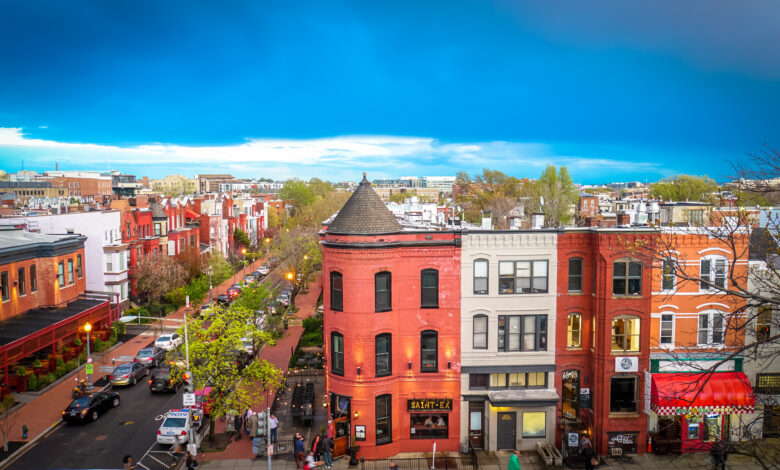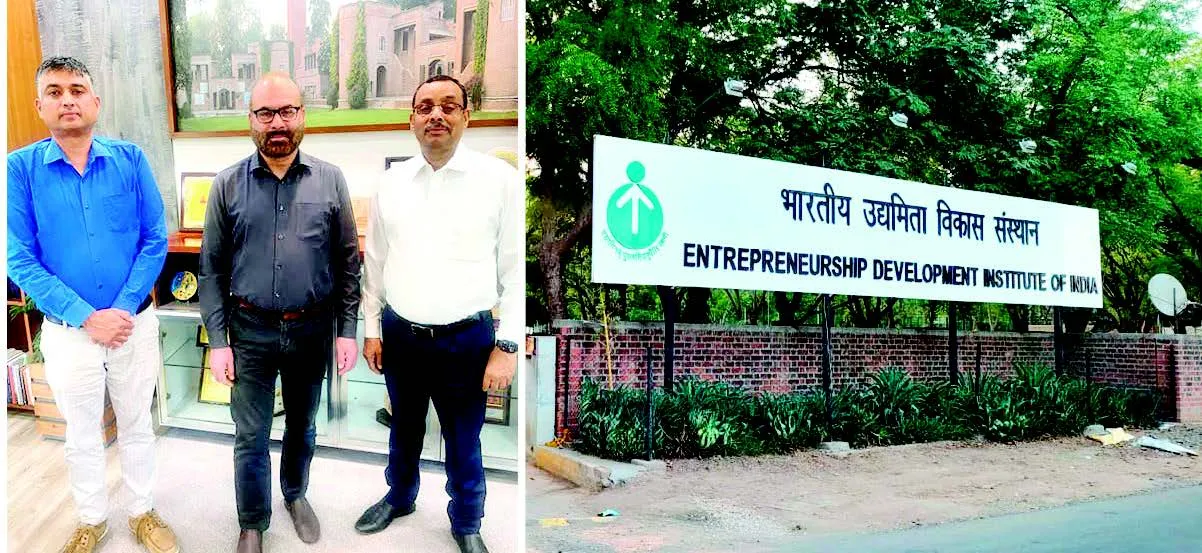Funding the BEST Act to embrace an inclusive, vibrant economy

On April 26, 2024, Director of Research and Policy Emilia Calma testified at the Budget Oversight hearing before the Committee on Public Works and Operations. Her testimony focused on the benefits of fully funding B24-0301 – Business and Entrepreneurship Support to Thrive (BEST) Amendment Act. Read the full testimony below or download a PDF copy.
Good morning, Chairperson Nadeau, and members of the Committee. My name is Emilia Calma, and I am the Director of Research and Policy of the D.C. Policy Center—an independent non-partisan think tank advancing policies for a strong, competitive, compelling, and vibrant District of Columbia. I am here to testify in support of fully funding Bill 24-0301, the Business and Entrepreneurship Support to Thrive Amendment Act (BEST Act).
Funding the BEST Act would reduce the number of business license categories from over 100 to 11, making the system simpler and cheaper by reducing both licensing costs and compliance costs. By simplifying the license categories and lowering licensing fees, implementing the BEST Act will make it easier to start a new business in D.C. for all, but especially for entrepreneurs with limited means.
Currently, there are 13 broad categories of Basic Business Licenses (not including occupational licenses) with 103 subcategories. This fragmented regime makes it harder for new entrepreneurs to determine which licenses they need and in what category, as well as how many licenses they must obtain. Additionally, some of these categories are not particularly relevant to the District’s economy: of 103 license categories, 11 have zero licensed businesses, and 39 categories have issued less than 20 business licenses within the last four years.[1]
By lowering licensing fees to $99 (for a two-year license) and exempting businesses with less than $10,000 in revenue, the BEST Act will reduce barriers for small businesses and low-income individuals. Business license fees can vary widely, reaching as high as over $3,000.[2] High fee levels create additional barriers to starting businesses in D.C. by requiring thousands of dollars to get started before ever being able to make money. High fee levels disproportionately hurt lower-income entrepreneurs and new businesses, discouraging entrepreneurship in the communities who could benefit from it the most.[3]
I commend the Council for passing this important legislation last year, but we must now implement it, starting by fully funding the Act. In her Fiscal Year 2025 Budget Proposal, Mayor Bowser included funding for the BEST Act,[4] and I urge council to do the same.
By reducing and simplifying license categories, lowering licensing fees, exempting small businesses earning less than $10,000 in annual revenue from licensing fees, and reducing penalties for late and lapsed licenses, the BEST Act reduces barriers for entrepreneurs and contributes to the creation of a vibrant and robust economy. Because of this, I urge the Council to fully fund its provisions in FY 2025.
Thank you for the opportunity to testify and I welcome any questions you may have.
[1] Business Licensing Division, DLCP. https://dlcp.dc.gov/service/get-business-license
10 categories had only one licensed business within 4 years.
Basic Business Licenses. Open Data DC. https://opendata.dc.gov/datasets/DCGIS::basic-business-licenses/about
[2] Fallon, B. “DCRA Oversight Hearing Testimony, Committee of the Whole.” February 6, 2019. Institute for Justice. https://district.works/wp-content/uploads/2019/02/IJ-Testimony-Appendices-for-COW-DCRA-Hearing-2.6.19-Final.pdf
[3] Racial Equity Impact Assessment Business and Entrepreneurship Support to Thrive Amendment Act of 2022. https://lims.dccouncil.gov/downloads/LIMS/47375/Other/B24-0301-REIA_-_B24-0301_BEST_Act_of_2022.pdf
[4] FY 2025 Proposed Budget and Financial Plan. https://www.dccouncilbudget.com/fy-2025-budget



